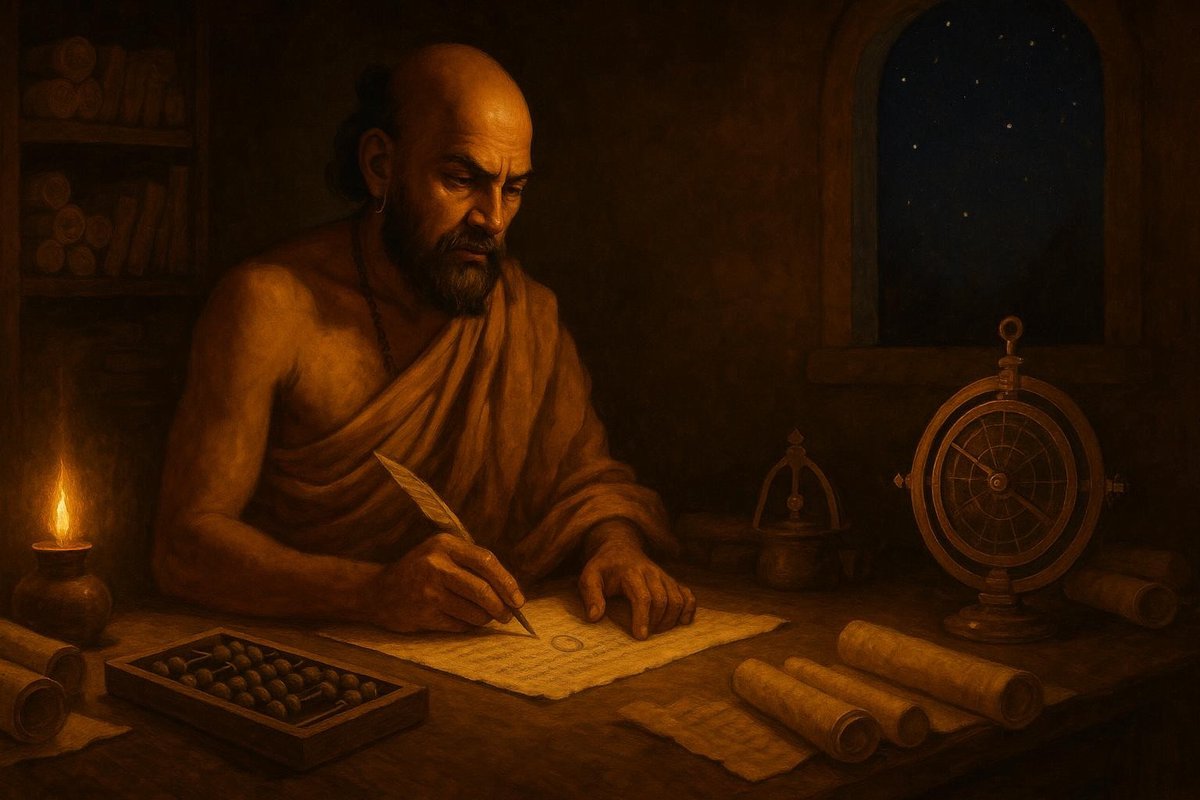
Introduction: The Revolutionary Nothing
Zero is a concept that many take for granted today, yet its discovery was anything but trivial. Imagine a world without zero — a world where calculations are laborious, precise science is unattainable, and accounting is a convoluted task. This was the reality until the emergence of the zero, a symbol as revolutionary as the wheel. But how did this seemingly simple concept come to shape the world as we know it?
Early Influences: Seeds of a Mathematical Revolution
The journey to zero began in ancient civilizations, where early signs of its conceptualization were evident. Around 500 CE, Indian mathematicians like Brahmagupta began formalizing zero’s role as a number. But what were the early influences that led to this breakthrough?
- Babylonian mathematics: Used a placeholder system that hinted at zero’s utility.
- Hindu beliefs and cosmology: Emphasized cycles of creation and void, foreshadowing zero’s conceptual acceptance.
- Trade and communication: Facilitated cross-cultural exchanges that spread numerical ideas.
Interestingly, it was the amalgamation of these diverse cultural threads that set the stage for zero’s birth. The intellectual climate was ripe for innovation, drawing from a rich tapestry of Eastern and Western thought.
Mental Models: Evolving Thought Patterns
Zero’s formalization required a shift in mental models, where nothingness was reimagined as something valuable. Mathematicians had to reconceptualize how numbers worked, seeing zero not only as a marker of absence but an active participant in arithmetic.
- Brahmagupta’s writings in the 7th century: Defined zero’s operations with other numbers.
- Arabic translations and expansions: Al-Khwarizmi and others adopted and spread these ideas.
- European Renaissance: Ignited by these translations, spurred further mathematical inquiry.
Of course, changing how people think about numbers was no small task. It required centuries of intellectual evolution, where zero became indispensable in mathematics, influencing everything from algebra to calculus.
Challenges & Resilience: Overcoming Skepticism
The path to acceptance was fraught with challenges. In many cultures, the concept of zero was met with skepticism, sometimes even outright resistance. How did those advocating for zero overcome such obstacles?
- Medieval Europe: Initially resistant due to religious and philosophical beliefs.
- Arabic scholars: Bridged gaps between ancient and contemporary thought.
- Philosophical debates: Questioned zero’s existence and mathematical legitimacy.
Many people believe zero was a triumph of resilience over doubt. As time went on, its utility and necessity became undeniable, leading to its eventual acceptance and integration.
Legacy: Zero’s Enduring Impact
Today, zero is a cornerstone of modern mathematics and science, integral to fields ranging from computer science to cosmology. What is the legacy of this unassuming digit?
- Enabling complex calculations: Foundation for binary code and digital technology.
- Philosophical implications: Inspired new thoughts on infinity, void, and the universe.
- Global influence: Unified numerical systems worldwide, facilitating scientific progress.
No wonder zero is often hailed as one of humanity’s greatest mathematical achievements. Its impact transcends numbers, influencing how we understand the world and our place within it.
Conclusion: A Mindset That Still Matters
The discovery of zero showcases the power of intellectual curiosity and open-mindedness. It is a testament to humanity’s ability to transform abstract concepts into tools that literally change the world. As we continue to push the boundaries of knowledge, the story of zero reminds us to embrace the unknown and value even the most unassuming ideas.
Fuel Someone Else’s Curiosity
Engage with this fascinating history and share the story of zero with others. Encourage discussions about its impact and challenge your friends to ponder how such a small concept can have such a monumental influence. Who knows what other groundbreaking ideas are waiting to be discovered?

Leave a Reply